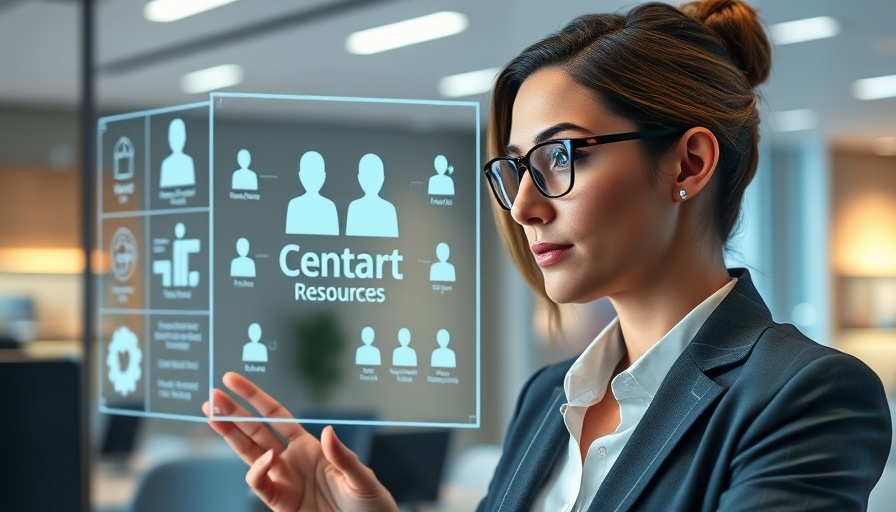
The Rise of AI as a Collaborator
The landscape of workflow collaboration is transforming with artificial intelligence emerging not just as a tool but as a key collaborator. Systems like those developed by Workday are enabling AI agents to conduct complex tasks such as performance reviews and financial analyses, leading to a shift in how businesses utilize technology. This transformation raises important questions about the roles of humans in the workplace and how they will adapt to this changing environment.
Emerging Roles in AI Workflow Collaboration
As AI technologies advance, new job roles are emerging to meet the challenges posed by imperfections in AI systems. The intriguing concept of a “Vibe Coding Cleanup Specialist” exemplifies this trend. These specialists are tasked with debugging AI-generated code, a role that underscores the necessity of human oversight in AI operations. This necessity highlights the social implication of workforce adaptation in the age of AI, encouraging a blend of human intuition and machine efficiency.
Addressing Data Bottlenecks: The Launch of Storage.AI
Another critical development in workflow collaboration is the initiative launched by the Storage Networking Industry Association (SNIA), named Storage.AI. This program aims to create open standards for data movement and I/O optimization for accelerators, addressing current data bottlenecks. The successful implementation of Storage.AI could greatly enhance efficiency, promoting seamless collaboration between AI and human workers across various industries.
Analyzing the Broader Impact of AI in Work
The integration of AI into workflow processes is not without its challenges and controversies. Critics raise concerns about job displacement and the ethical implications of relying on AI for important tasks. As companies like Microsoft continue to invest in AI solutions such as Copilot, there is a call for deeper discussions regarding accountability, transparency, and the societal implications of these technologies. Understanding these factors is essential for leaders and organizations to navigate the evolving workforce landscape effectively.
Future Predictions: The Next Steps in AI Collaboration
Predicting the future of workflow collaboration with AI requires an understanding of current trends. As AI continues to develop, we can expect an increase in systems capable of autonomous decision-making and creative problem-solving. The collaboration between human workers and AI will likely deepen, leading to greater efficiency but also necessitating new frameworks for training and collaboration standards. This evolving landscape offers opportunities for fresh perspectives on productivity in a world increasingly shaped by technological advancements.
For those invested in AI and technology, staying informed about these developments is crucial. Future innovations in workflow collaboration can not only redefine work practices but also shape economic structures as we know them.
As we continue to explore the merging worlds of AI and workflow collaboration, consider engaging with these themes. Reflect on how these technologies might impact your industry, your role, or perhaps an entirely new field that has yet to be imagined. The future is here, and it is evolving at a breakneck pace. How will you adapt?
 Add Row
Add Row  Add
Add 




Write A Comment